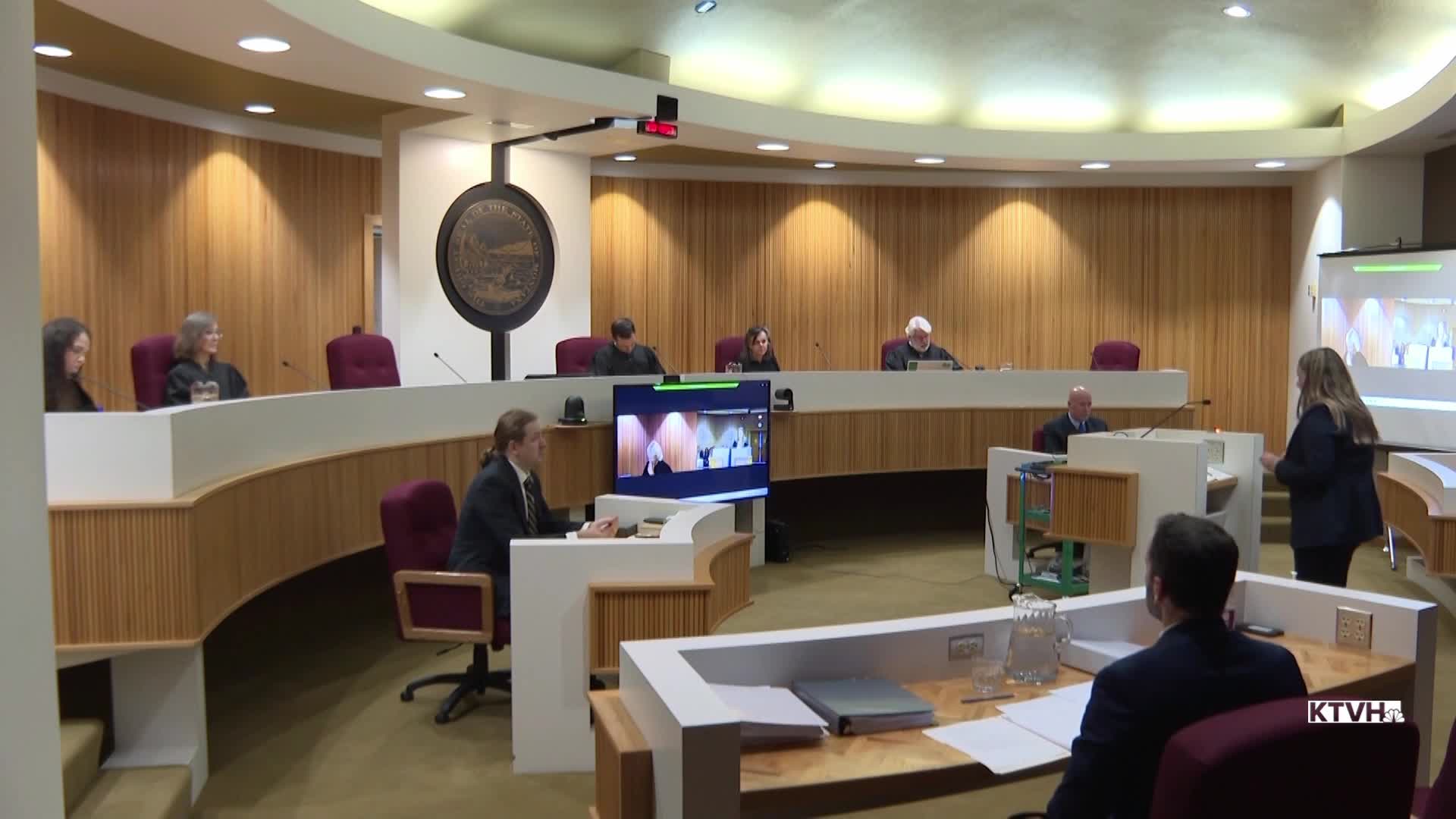HELENA — Judicial reform was a major topic during the Montana Legislature’s 2025 session. While a number of the proposed bills didn’t become law, one that did was Senate Bill 45, which created a new state commission to rate judges’ performance.
Last week, the Judicial Performance Evaluation Commission met for the first time, where they elected leaders and began planning for the work ahead of them.
“We’re getting started,” said former Sen. Keith Regier, R-Kalispell, who was chosen as the commission’s chair. “The picture’ll probably be clearer in the next few months.”
(Watch the video for more on what the commission will be doing next.)
A major argument for lawmakers who advocated for overhauling Montana’s judicial system – primarily Republicans – was that the public doesn’t have enough information about judicial candidates when voting on them.
“I get a lot of people at election time that call me and ask about the judges, ‘What do you know about them?’” Regier said. “It's tough to get information about judges and justices, and a lot of the public would like to be informed.”
They said this commission could help change that. It will be tasked with reviewing Montana Supreme Court justices and district court judges and issuing evaluations twice per term – three years into their terms and just before they’re up for reelection. The reports will only be seen by judges and court staff – unless a judge decides to run again, in which case they’ll be made public.
The evaluations will be based on a variety of information. SB 45 establishes surveys of attorneys, jurors and staff who’ve been on cases with a judge, with questions about their legal ability and judicial conduct. It calls for observations of judges in the courtroom, and it gives the commission the authority to include any other information they consider relevant. Regier said that could include things like whether a judge has a backlog of cases and how often their decisions are overturned by higher courts.
Regier said the midterm evaluations would be aimed at helping judges decide if they need to make changes in the last years of their term.
“A lot of employees have evaluations, whether it's in education – teachers are evaluated in how they can improve, same thing with the judicial here,” he said.
The commission includes 11 members: four nominated by the governor, three by the chief justice of the Montana Supreme Court and one each by the Republican and Democratic leaders in the Montana House and Senate.
SB 45 originally called for their final evaluations to be published in the state voter information pamphlet. However, Gov. Greg Gianforte issued an amendatory veto, recommending the Legislature remove that provision.
“[T]he amendments I offer ensure that the Commission's reports are available to the public where a sitting judge runs for reelection while guarding against an improper role of government in that election process,” he wrote.
The Legislature approved Gianforte’s amendments. In its final version, the law calls for posting public evaluations online.
“For sure a website that we can send people to, and try to make that as friendly as possible, for them to go through and find the judges that they're going to be voting on and finding information about them,” said Regier.
Whatever form the evaluations take, you won’t see the first ones in time for next year’s elections. SB 45 requires that final evaluations be completed at least 45 days before the close of the candidate filing period – which in this case would be less than two months away.
SB 45, like many of this year’s slate of judicial reform bills, received support from almost all legislative Republicans and was opposed by all legislative Democrats. The opponents called the bills part of a pattern of politically motivated attacks on the judicial system.
Regier argued the goal of the commission is only to provide information, and he said he intends the process to be nonpartisan and impartial.
“There are other states that have done this – Utah primarily – and we'll be leaning on some of those states on what has worked and hasn't worked there,” he said.




